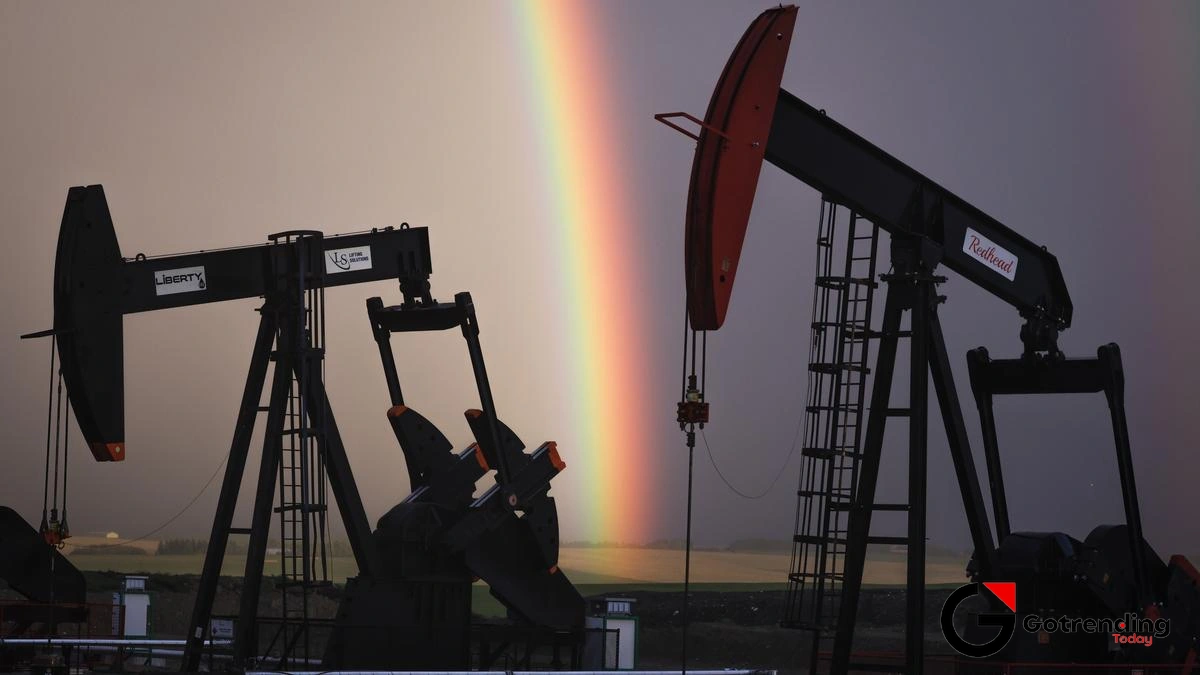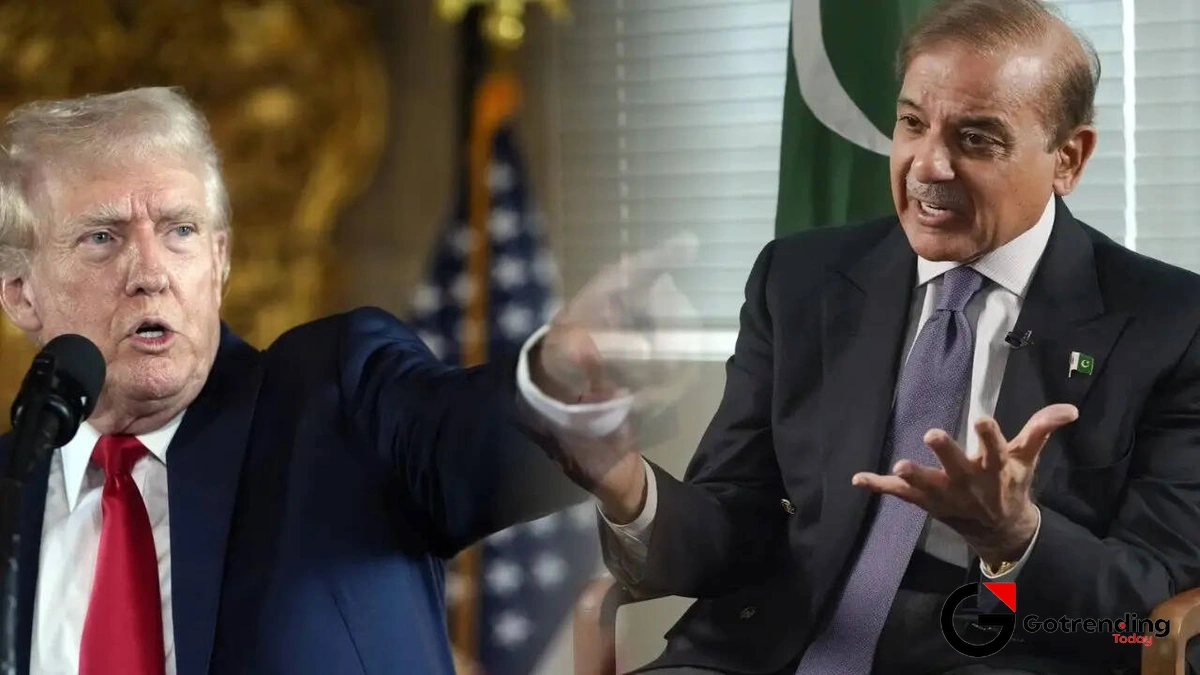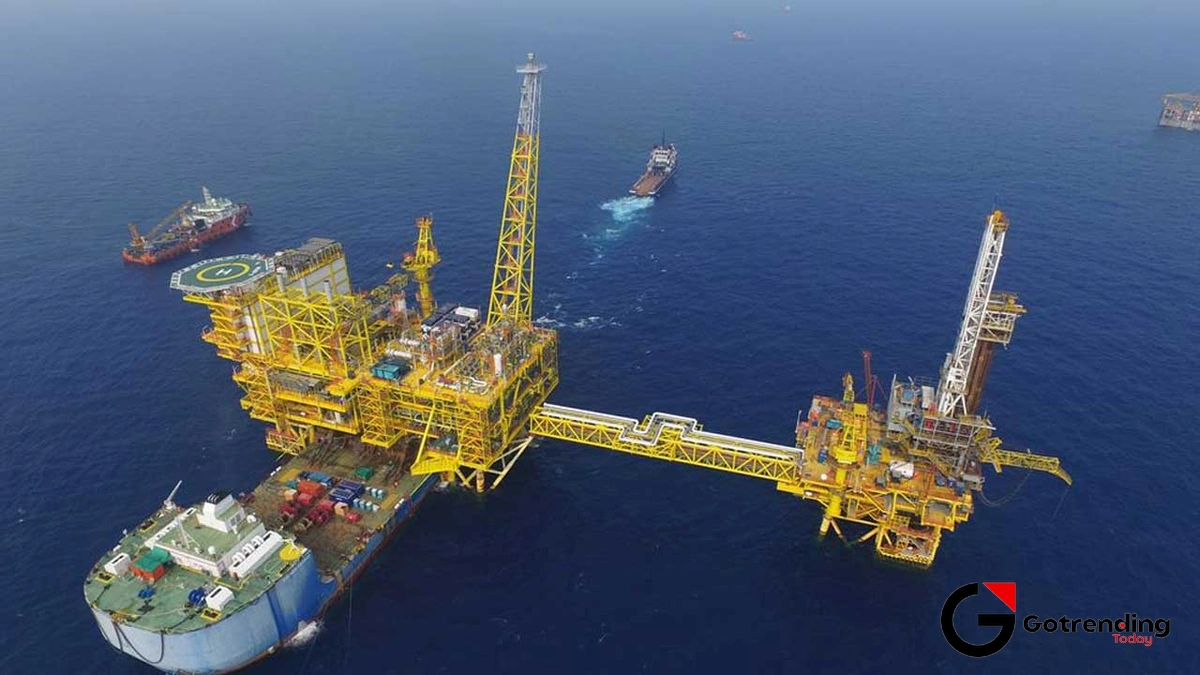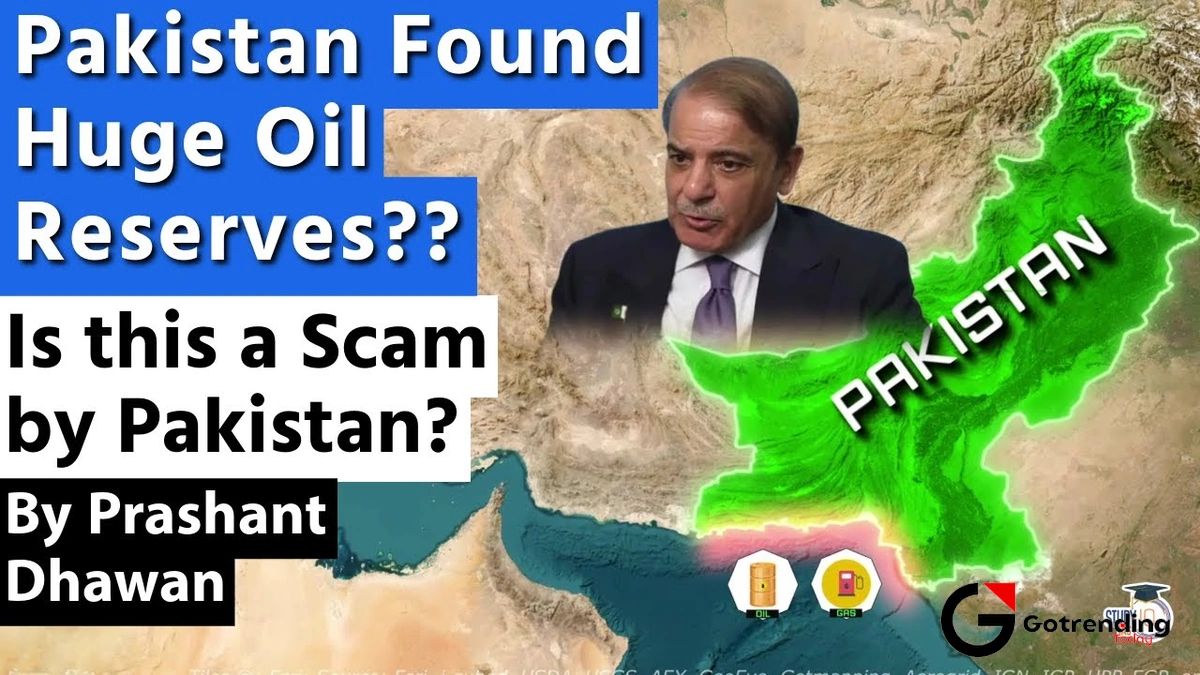The Great, Elusive Hunt | Unpacking the Myth of Pakistan’s Oil Reserves
You remember the headlines, don’t you? It happens every few years. A breathless announcement, a government official beaming at a press conference, whispers of a discovery that will change everything. For Pakistan, it’s the ultimate lottery ticket dream. The ‘mother of all discoveries’ was the phrase used for the Kekra-1 well a while back. For a hot minute, the news was electric. It felt like our neighbour was on the verge of an economic miracle, a geopolitical shift written in barrels of crude.
And then… crickets. A dry hole. A quiet retreat by the international oil giants.
That whole episode is the perfect, almost tragic, metaphor for the entire conversation around pakistan oil reserves . It’s a story steeped in dizzying hope, hard geological realities, and a political need for good news. It’s a topic that, from here in India, is easy to misunderstand, often painted in broad, simplistic strokes. But the reality? Oh, the reality is so much more complicated and, frankly, far more interesting.
So, What’s Actually in the Ground? The Sobering Numbers

Let’s get the boring-but-essential stuff out of the way first. When you strip away the hype, what are we actually talking about? The key phrase here is “proven reserves.” This isn’t a hopeful guess; it’s the oil that we know is there and is economically recoverable with current technology. And Pakistan’s proven reserves are, to put it mildly, modest.
We’re talking about a few hundred million barrels. To put that in perspective, that’s enough to cover their own consumption for… well, not very long. A matter of months, maybe a year or so if you squint. Their daily crude oil production is a fraction of their needs. This means the vast majority of their oil is imported, a massive and constant drain on foreign exchange reserves. It’s like having a small kitchen garden that gives you a few tomatoes when you really need a whole farm to feed your family.
But and this is a huge but the conversation always pivots to the unproven or potential reserves. Geologists, and I mean serious ones, believe the country has significant potential. We’re talking about vast, untapped basins, especially offshore in the Arabian Sea and in the form of shale oil and gas deposits in the south. The U.S. Energy Information Administration once put out a report that sent shockwaves, suggesting colossal amounts of shale resources. This is the fuel for the fire. The official data from sources like the Pakistan Petroleum Information Service tells the story of current production, but it’s the geological surveys that tell the story of what could be.
The potential is the dream. The proven number is the reality. The gap between the two is where the entire drama unfolds.
The Ghost of Kekra-1 | Why the “Big Find” is a Recurring Dream

I keep coming back to Kekra-1 because it’s so crucial. It wasn’t just some wildcat operation. You had ExxonMobil and Italy’s Eni two of the biggest players in the world investing over $100 million in this deep-water offshore drilling project. The government hyped it to the moon. It was supposed to be the one. The project that would finally close that gap between potential and reality.
When it failed, it wasn’t just a financial loss. It was a psychological blow. It reinforced a cycle of hope and disappointment that has plagued the country’s energy sector for decades. Think about it from a national perspective. You’re grappling with economic instability, and the idea of a massive oil discovery becomes a sort of cure-all. It’s not just about energy; it’s about sovereignty, about national pride, about finally getting a win. A major oil find would be a national event on par with winning a World Cup. It’s a powerful narrative, and one that is very difficult to let go of.
It also reveals the immense challenge. Finding oil is hard. Finding it in deep water is incredibly expensive and technically complex. You need a stable political and economic environment to attract the kind of long-term investment required. Talking about such investments always reminds me of the complexities of our own markets, which you can get a glimpse of in this share market guide india . A single dry well can set a country’s exploration program back by years, as international partners become shy.
Beyond the Barrel | The Real Story is the Energy Crisis

And here’s the thing. The obsession with a miraculous oil discovery completely misses the point. The real, grinding issue for Pakistan isn’t just a lack of domestic oil; it’s the systemic, deeply rooted pakistan energy crisis . This is the story that doesn’t make for exciting headlines but affects every single citizen.
It’s a tangled mess of problems. The country is heavily reliant on expensive oil imports , which makes it incredibly vulnerable to global price shocks. Then there’s the infamous “circular debt” in the power sector a bizarre and crippling cycle where state-owned power companies can’t pay fuel suppliers, who in turn can’t pay the refineries and exploration companies. It’s a financial black hole that starves the entire system of cash.
Add to that aging infrastructure, transmission losses, and a pricing structure that is often politically motivated rather than economically sound. So even if they did find a massive oil reserve tomorrow, it wouldn’t magically fix the grid. It wouldn’t untangle the debt. It wouldn’t build new pipelines overnight. A big find could require a massive infusion of capital, not unlike a major public offering a world that has its own complexities, as seen in things like the lotus developers ipo gmp .
The fundamental problem is one of management, infrastructure, and policy, not just geology. Chasing the dragon of a huge oil find can feel like a distraction from the much harder, less glamorous work of fixing the system you already have. True energy security comes from a diverse, well-managed, and efficient system, not just from one lucky strike.
So, the next time you see that headline, the one promising a new era of oil wealth for Pakistan, take it with a grain of salt. The story is rarely about what lies miles beneath the earth’s surface. It’s almost always about the hopes, fears, and harsh realities of the people living on top of it.
A Few Things You Might Still Be Wondering
Is it true Pakistan is secretly sitting on massive oil reserves?
This is the big myth. The short answer is: probably not in the way people imagine. There is strong geological potential for significant undiscovered oil and gas, especially shale. However, “potential” is not the same as “proven.” Turning potential into actual, flowing oil requires immense investment, technology, and time. The idea that there’s a giant, easy-to-tap lake of oil being hidden is a conspiracy theory, not an economic reality.
How do Pakistan’s oil reserves compare to India’s?
It’s a useful comparison. India’s proven oil reserves are also modest on a global scale but are significantly larger than Pakistan’s roughly ten times more. However, both countries are in a similar boat: we are both massive net importers of crude oil. Our domestic production covers only a small fraction of our consumption. The key difference lies in the scale of the economy and the capacity to pay for these massive imports.
Why doesn’t Pakistan just extract all its potential shale oil?
This comes down to two things: technology and money. Extracting shale oil and gas through fracking is incredibly expensive and water-intensive. It requires a level of capital investment and technical expertise that is currently a huge hurdle. While the resource may be in the ground, getting it out profitably and sustainably is a whole other challenge that international partners have been hesitant to fully commit to.
What would a major oil discovery really mean for the country?
In a best-case scenario, it would provide a huge boost to government revenues, ease the foreign exchange crisis, and enhance energy security. However, it’s not a silver bullet. Many countries with oil wealth have fallen into the “resource curse” where oil money leads to corruption, inequality, and the neglect of other economic sectors. A successful outcome would depend entirely on good governance and careful management.













